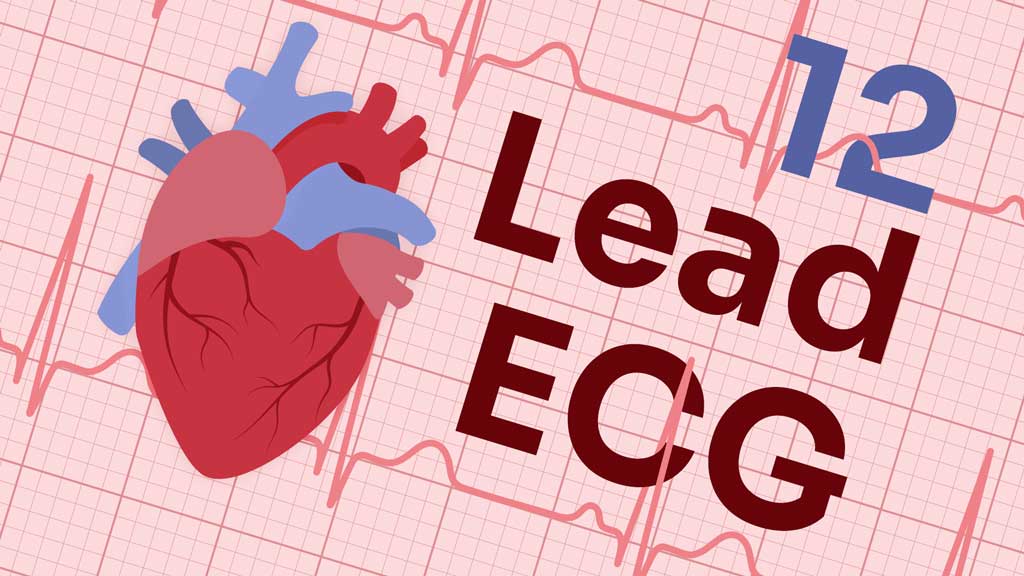
Be Aware of Warning Signs of Winter Heart Disease
Does cold weather affect your heart?
Yes, the risk of cardiovascular diseases will rise in Fall and Winter.
As the weather gets colder in Fall and Winter, the stimulation of cold often causes blood vessels to constrict and heartbeat to speed up, making it easier for heart attacks, heart failure and other heart diseases to occur.
Attention: In addition to keeping warm and adjusting medication to keep blood pressure stable, you must pay attention to the following heart disease warning signs.

1. Chest pain
Chest pain is the most common symptom of a heart attack, typically make you feel like a stone pressing against the chest. Moreover, the pain may also appear in the left shoulder, jaw, and possibly in the stomach.
Heart attack is a disease that can kill you at any time! If you experience chest pain, go to the hospital promptly so that your doctor can determine if it is a heart attack.
If you go to the hospital because of stomach pain or shoulder pain, your doctor recommends checking the EKG (electrocardiogram).
Of course you can test EKG in you home by yourself with a portable EKG monitor (click here to know more, see pics as following).
Trending Topics
ECG • Heart Health • ecg test • ekg • ecg leads • cardiography • cardiac problems • cardiac attack • vital signs • high blood pressure • heart disease
2. Palpitations
If you feel palpitations occasionally, it is usually not a big problem, mostly related to exertion and mental state; but if palpitations occur frequently, it may be a manifestation of disease, like some arrhythmias, hyperthyroidism, etc.
In the absence of hunger, exertion, etc., the presence of palpitations, along with dizziness, is likely to be signs of the more dangerous ventricular arrhythmia, which should not be taken lightly but to be treated immediately in the hospital.
3. Syncope (Fainting)
4. Fatigue
5. Breathing difficulties
How to take care of your heart?
In addition to paying attention to the symptoms mentioned above, it is even more important to take care of your heart in general.
- Control blood pressure and blood sugar well.
- Refuse to smoke or to breathe second-hand smoke.
- Develop a good habit of regular exercise.
- Keep adopting a healthy diet.
- Have regular medical checkups to know your heart health.
- Monitor your heart every day with a 24-hour holter monitor. Know and record your heart condition analyzed by Wellue AI algorithm. Share your AI ECG report with your family doctor.
- Product Q+A




